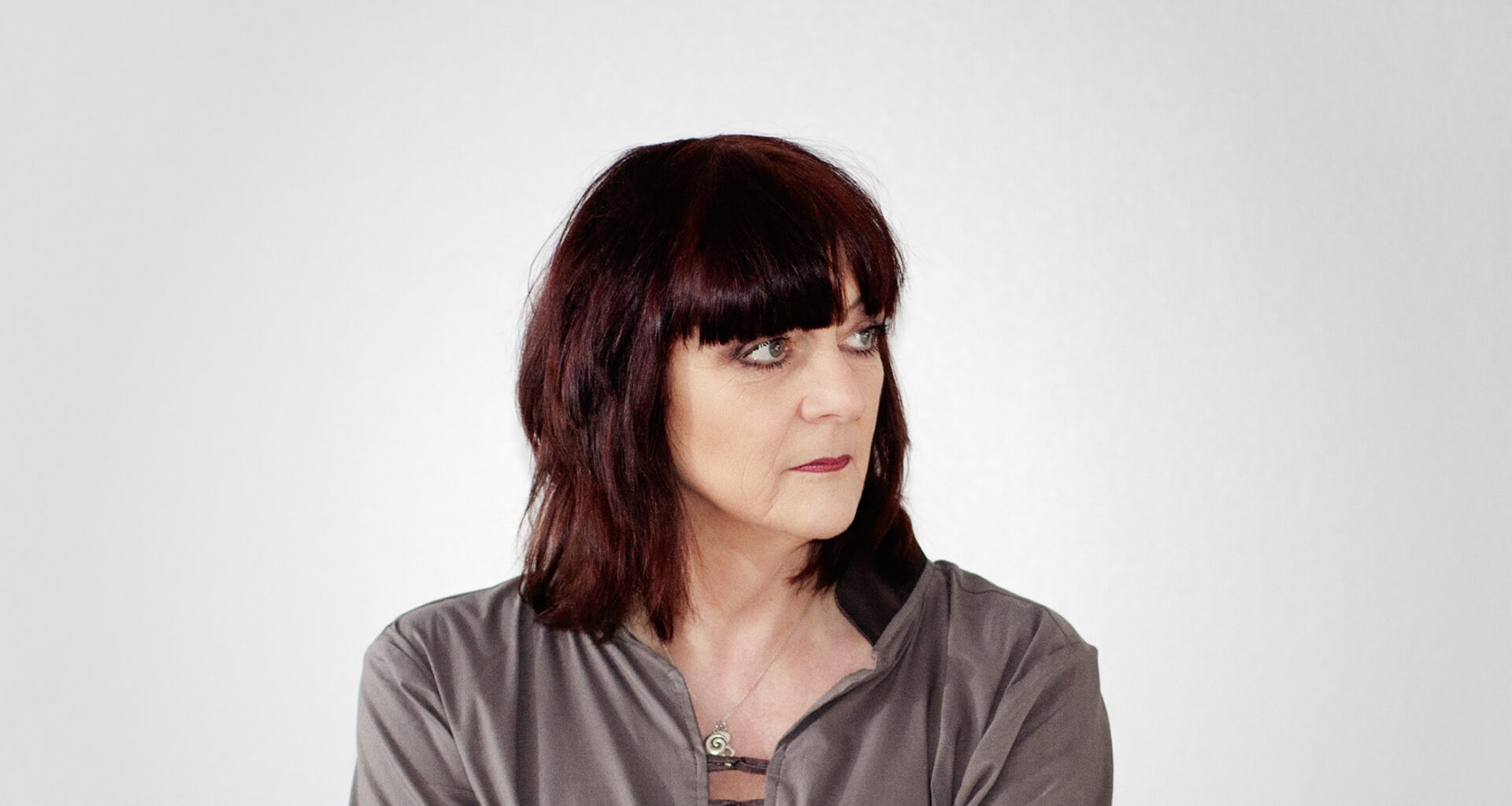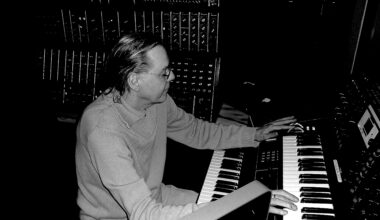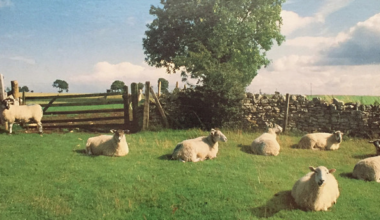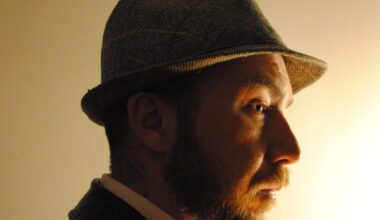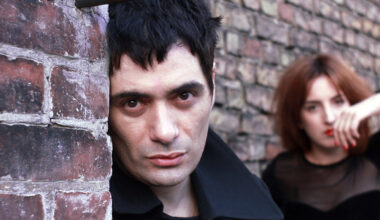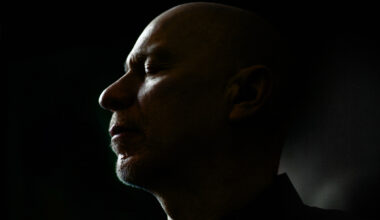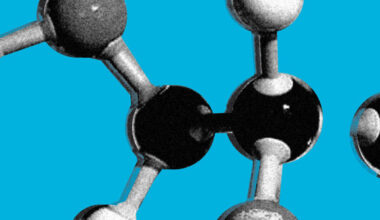The publication of her acclaimed autobiography in 2017 set in motion a chain of events that found Cosey Fanni Tutti standing shoulder to shoulder with Delia Derbyshire and a medieval mystic called Margery Kempe. With her new ‘Re-Sisters’ book and a Delia film soundtrack in the shops, plus an intriguing biopic on the way, the fearless electronic disruptor continues to push the envelope
Want to read more?
Sign up to Electronic Sound Premium to gain access to every post, video, special offers, and more. 100%, all you can eat, no commitment, cancel any time.
Already a premium member? Log in here
